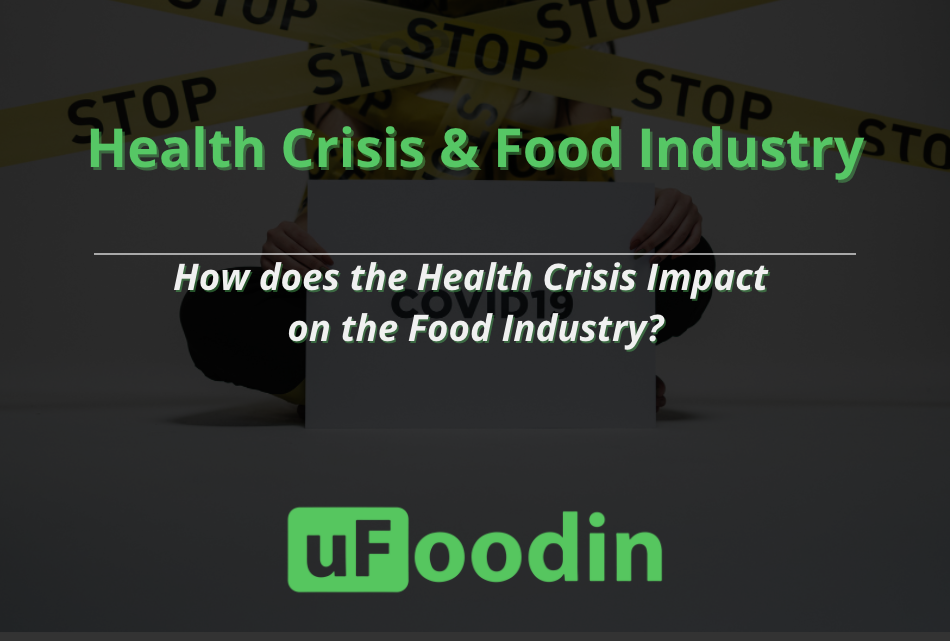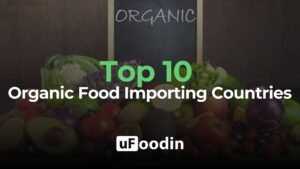How does the Health Crisis Impact on the Food Industry ?
Introduction
The global pandemic that we have been through and are still going through today all over the world reminds us how vital the food industry sector is for everyone. Indeed, the food industry is the set of industrial activities that transform raw materials from agriculture, livestock or fisheries into food products intended primarily for human consumption.
The global situation regarding COVID 19
The Global Food & Beverage Industry Report from M&A WW Agri, Food & Beverages shows that the Covid-19 outbreak has had several impacts on different segments of the food and beverage industry in all regions of the world, with Asia-Pacific and Europe being the hardest hit, with restaurants, cafes and bars shutting down entirely in some areas.
Which sectors have been most and least affected by this pandemic?
The sectors most affected by this pandemic are the catering industry with restaurants but also the festive food sector, notably due to the cancellation of events such as weddings or birthdays.
The least affected sectors are the online delivery and take-away sectors, which have been able to continue and expand their business.
The packaged food and beverage industry has seen and continues to see an increase in demand, as has shelf-stable food and beverages, including dairy products. The increase in the food industry is explained by the closure of restaurants and daily life: this has caused a stockpiling effect of food consumers for fear of running out during this period of lockdown.
In general, all sectors of the food industry have been impacted due to the increase in the price of raw materials, transport as well as protective equipment against the pandemic for employees, which in turn has increased production costs for all.
The difficulties encountered during the crisis by the sector’s industries
The food and drink industries have experienced many difficulties during this crisis, particularly delays in supply.
Indeed, industrial supply chains have been largely impacted due to delays in the arrival of raw materials. This is due to a logistical problem: available containers are scarce, and export is almost stopped due to global containment.
Exporting during the pandemic is more difficult than before: the few available containers have seen an inflation of their prices, which has an impact on the cost of transporting goods. This increase in costs is a hindrance for companies that do not have the resources to afford these cost increases.
The benefits of the pandemic on the world
The global pandemic has allowed consumers to question their habit of over-consumption. The total containment allowed the population to consume wisely. Indeed, the closure of restaurants allowed the French to take the time to cook at home, and at the same time, to save on their external expenses.
Eating at home more often has also reduced food waste for consumers. Holding daily meals at home allows consumers to be more mindful of the use-by dates of their food.
Focus on the catering sector
For example, the restaurant sector will remain one of the sectors most affected by this global pandemic. Indeed, the total lockdown has pushed restaurants and bars to remain closed for several months.
To get back on track, restaurant owners developed the “drive-through”. The principle was simple: restaurant owners published the menus they offered on social networks. To place an order, consumers had to contact the restaurant to place their order. The customer then had to go to the restaurant at the time indicated by the restaurant with sanitary precautions imposed to collect their order. This system was very much appreciated by truck drivers, who didn’t stop their activities to supply the mass distribution networks.
This principle enabled restaurant owners to continue their activities in part during the pandemic period. Because of its popularity, this operation allowed an innovation on the part of the restaurant owners who kept this sales scheme in their activity.
If you are a seller of products in the food industry, do not hesitate to join us and consult our “Market News” section, which will keep you informed of the latest trends in this market.
























